One of the biggest talking points in pop these past couple of years has been how successful old musicians have become at making money. Swathes of stars have simply auctioned off their past: rather than collecting the royalties on their publishing and their recordings year by year, they have just sold the whole lot. Last year Bruce Springsteen collected half a billion dollars for selling the rights to his recordings and publishing to Sony. Bob Dylan got a similar amount for selling his recorded catalogue to Sony and his publishing to Universal.
Abba have been in on the act, too. But not selling: a company founded by Bjorn Ulvaeus of Abba has been buying up other artists’ catalogues. Abba themselves have no need to sell: they were so far ahead of the curve in exploiting their past that they could probably afford to buy Sweden, as well as most of Denmark and Norway.
In addition to all those records they sold while they were still together, their 1992 compilation Abba Gold has sold an estimated 30 million copies worldwide (last year it chalked up its 1,000th week on the UK chart). Then, in 1999, came the Mamma Mia! stage musical, the third-highest grossing musical ever – $4 billion at the box office. The subsequent film grossed $611 million, and its sequel a further $411 million. Unless something has gone catastrophically wrong, none of Agnetha Faltskog, Bjorn Ulvaeus, Benny Andersson and Anni-Frid Lyngstad (that’s Princess Anni-Frid Reuss, Dowager Countess of Plauen, to you, mate) need worry about whether they can afford the Taste the Difference range at the supermarket.
What’s incredible about this is that all those billions have been reaped from what is, I suspect, the weakest catalogue of any major act (there’s a reason More Abba Gold sold only a tenth of its predecessor). We can quibble about the numbers, but I would say Abba have no more than 20 excellent songs (it might be higher if you think ‘Fernando’ and ‘Chiquitita’ and ‘Thank You for the Music’ are excellent songs. I really don’t). The excellent ones really are among the most sparkling songs in pop history, as inventive and imaginative as the Beatles and as human and melancholy as Leonard Cohen. The problem is that, unlike Leonard Cohen, there’s a whole lot of ‘Ring Ring’ and ‘I Do, I Do, I Do, I Do, I Do’ in the Abba catalogue. And when they returned with the Voyage album late last year, sadly, there was not a single excellent song in sight: it’s hard not to suspect the whole point of the album was just to stoke the anticipation for the stage show of the same name.
At this point, you probably don’t need much explanation of what the performance is: four ‘Abbatars’ of the original members, created by George Lucas’s Industrial Light & Magic, front it all. The vocals come from the original recordings, the between-songs patter is newly recorded, old voices coming from young mouths, and the music is provided by a nine-piece live band (featuring three backing singers). And it is a visual marvel: just before the first lockdown, I reviewed the Whitney Houston hologram show in these pages, and the comparison with this is like the difference between a rickety ghost train at a bank holiday funfair and a state-of-the-art ride at one of the Florida theme parks.
From the posh seats, the distance from the stage is just enough that you really could believe the four figures in front of you were human. The attention to detail is staggering: Agnetha and Anni-Frid’s dance moves are just out of sync with each other, as they often were in real life. The big screen blow-ups have an uncanny valley effect, so close to reality but distant enough to be unnerving. The lighting and staging is astounding, turning the 3,000-capacity room into a wholly immersive venue.
But then there’s the elephant in the room: the songs. Of course, there have to be two from the new album. But did we really need ‘Eagle’? Or ‘Does Your Mother Know’? Or ‘Hole in Your Soul’? And yet there is no room for ‘Super Trouper’, ‘Take a Chance on Me’ or ‘The Day Before You Came’ (a masterpiece, but perhaps a little wintry for this show). I guess they needed some way to differentiate it from Abba Gold or the Mamma Mia!soundtrack – so the core hits remain the same, the extraneous crap gets shuffled around a little.
Of course, most people will not care (why should they, really? You still get ‘Dancing Queen’) and at these prices (70 quid to stand) the audience is incentivised not to care about the shortcomings. It’s not bad value for money, in that it’s more spectacular than any West End show, and more intimate than any arena pop gig. At least Abba care about the quality of the production, and you will not feel ripped off. But I left wondering what it was about Abba that made them uniquely capable of being only sublime or ridiculous. Do they even know or care? I doubt it. Would you?
Got something to add? Join the discussion and comment below.
Get 10 issues for just $10
Subscribe to The Spectator Australia today for the next 10 magazine issues, plus full online access, for just $10.
You might disagree with half of it, but you’ll enjoy reading all of it. Try your first month for free, then just $2 a week for the remainder of your first year.

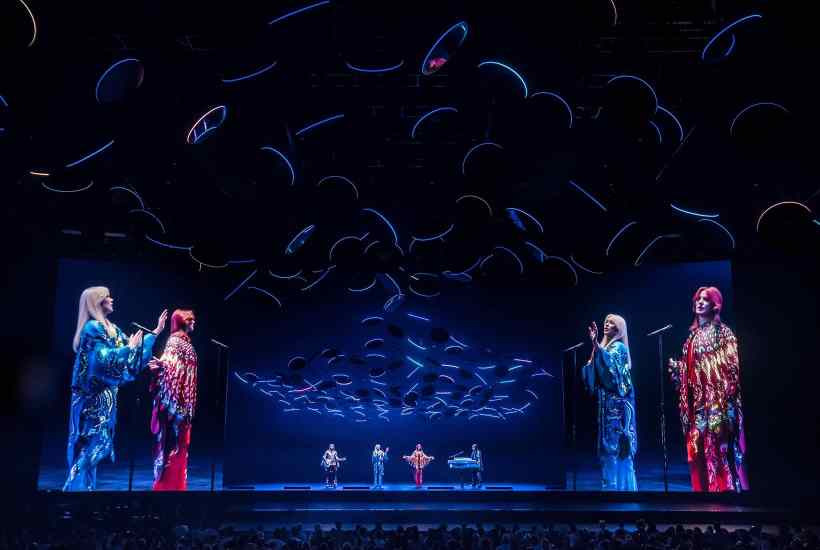

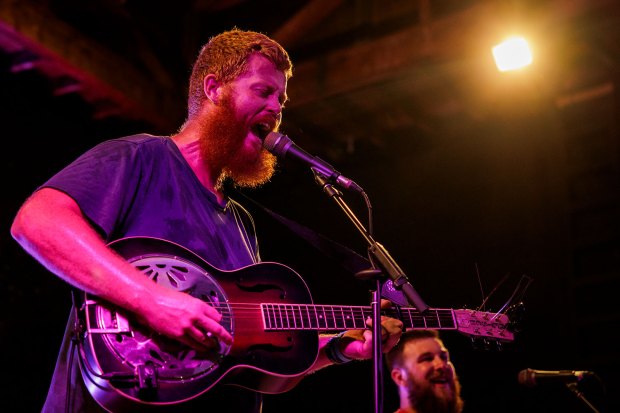
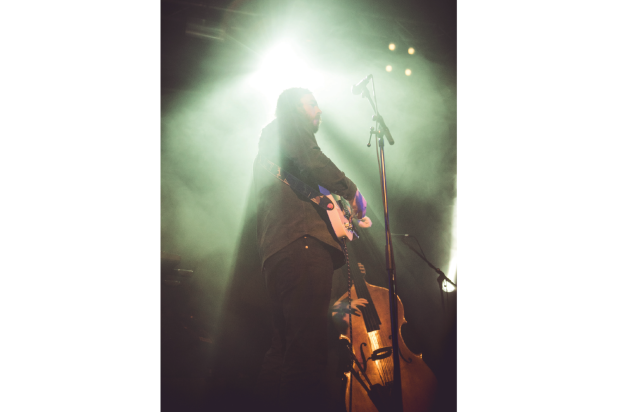
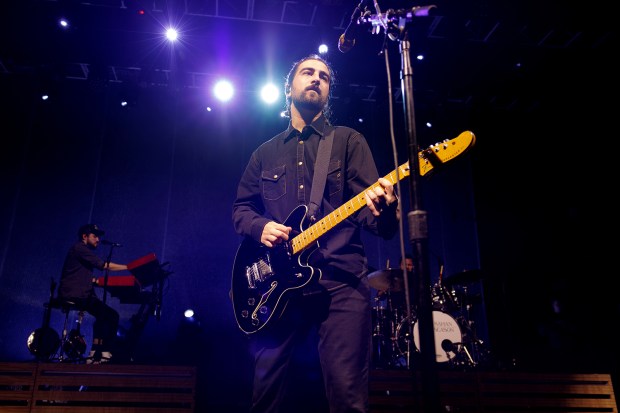

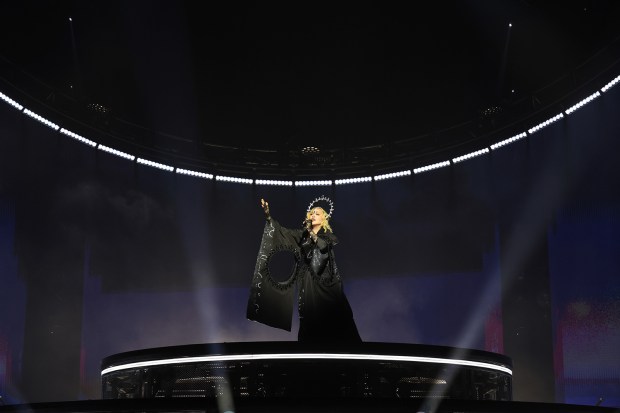






Comments
Don't miss out
Join the conversation with other Spectator Australia readers. Subscribe to leave a comment.
SUBSCRIBEAlready a subscriber? Log in